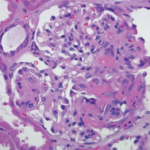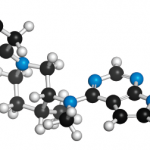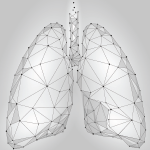AMSTERDAM—Clinicians who are counseling women with systemic lupus erythematosus (SLE) have the benefit of an array of new insights into factors linked with increased risk of pregnancy loss, how SLE therapies affect pregnancy and data on outcomes of children born to mothers with SLE, an expert said in a session at EULAR: the Annual European…









